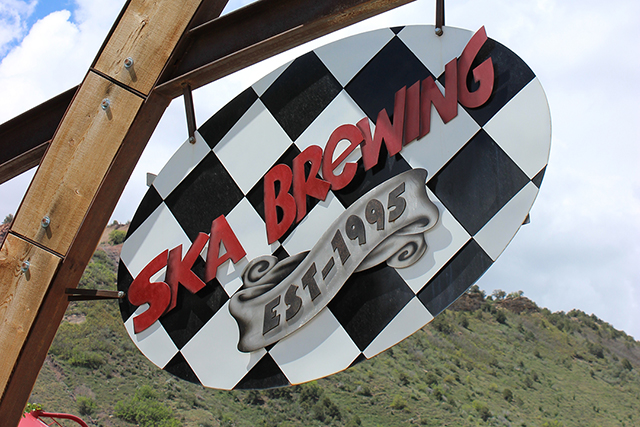
Whether it’s paying a potential candidate to work for you, having an “Interbrew,” or even having every employee they interact with be a part of the interview process, breweries are finding creative ways to narrow down and select the proper person for the job.
“We don’t settle for anything less than a perfect fit,” explained Kelly Schultz, a human resources assistant at Ska Brewing in Durango, Colorado. “We want to know that the people we’re hiring are in this for the long haul and are determined to do their job the best they can. We try to make it easy for them by creating an amazing place to work.
“If people fall in love with the company they work for and they believe in the core values and the leadership of the company, they’re going to work their ass off for you for a really long time.”
At Bell’s Brewery in Kalamazoo, Michigan, Carrie Yunker, the director of human resources for the brewery, said that the veteran brewery has undergone numerous types of hiring processes and they continue to refine it.
From a strictly protocol standpoint, Bell’s has a couple of “stage gates,” as Yunker put it.
“To be fair, we are generally not very short on resumes … now, qualified resumes is a different story,” Yunker said with a laugh. “Craft beer is is really built on fans. And so there is a lot of, well, think of it as fan mail really. It can be a labor of love to teach folks to weed through that.”
After resume reviews, Bell’s will follow up with phone screens.
“That … is generally with one of the more junior members of my HR team and also somebody from the area of the company that we’re hiring for,” Yunker explained. “So a packaging line leader or a shift lead in brewing or a senior bartender.“
If a potential employee makes it past that stage gate, they are welcomed for an on-site interview with a department manager and one of Yunker’s more senior generalists who oversees the whole area.
“I have one that does sales, one that does downtown for pub hospitality, and then one for the brewery,” she noted. “We’ve specialized my HR department to sort of match up to our different business units and that has really made a big difference.”
That’s a wide switch for Yunker, who started 15 years ago as the only person in HR for a long time. The additional people who have helped in Bell’s growth are important, she added.
“What you’re looking for in a brewer is very different than what you’re looking for in a senior scientist, or something along those lines,” she said. That deeper insight can help in the decision-making process.
Andrew Cole, Revolution Brewing‘s HR manager, said the Chicago brewery has had to alter its hiring processes, especially when hiring for specialized roles.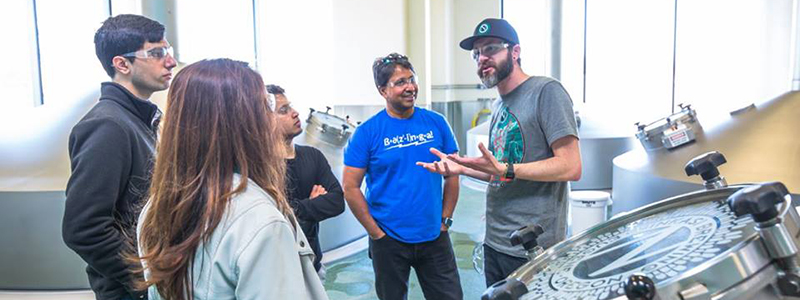
“We look to related industries to find transferable skills and build a stronger pool whenever possible,” he said.
Although they have a great candidate pool in Chicago, Cole said they believe in building up their internal talent as well.
“Outside hires can give an excellent new perspective and allow us to re-evaluate processes that haven’t been changed in a while,” Cole said. “However, building talent from the ground up is not only rewarding for the employee, but they bring with them indispensable institutional knowledge that is impossible to replace.“
Jaclyn Rudebeck, who is listed as the “People Operations Director” for Ninkasi in Eugene, Oregon, said the brewery will utilize an “attempt to hire” process with a couple of local staffing services, particularly in packaging line positions.
“We feel very strongly that that’s a position where you really need to see it and feel it to have a sense of what the work really is,” she said. “There’s no way that sitting in a room and having a conversation is actually going to get you there.
“In terms of the work environment and the physical aspect of the work, we have found that in those positions in particular that ‘temp to hire’ has given us the best results and the best retention rate when it comes to those positions.”
She added that it can also give an employee a chance to test the position out first and let the Ninkasi staff know if this is really something that the candidate is comfortable signing on for or not.
Rudebeck said that they put a lot of time into figuring out what kind of things the brewery can do during the interview process to give them a good idea of how this person’s going to succeed in that role.
“We always have some kind of practical component to the hiring process,” she said.
If it is a sales or marketing position, Rudebeck said the candidate will be given an assignment: Ask them to do a pitch, give them a scenario and ask them to role play it. For leadership level positions, they do similar things.
“We present scenarios and ask them to actually role play and walk through it,” she explained. “How would you how would you handle this situation? Actually demonstrate what you would do.”
Thanks to proximity to Oregon State University, the brewery also has utilized internships.
“We’re lucky in that we have a fermentation science program at Oregon State, which is only about 45 minutes from our brewery so we have on occasion had a technical intern join us,” Rudebeck said, noting that current Director of Brewing Operations, Dr. Daniel Sharp, started in this capacity at the brewery.
For Saint Arnold in Houston, a practical part of the interview process comes down to talking over a beer. This is the beer business, of course.
“A deciding factor in our hiring decisions is, ‘Do we want to have a beer with this person?’ “ pondered Jake Wharton, the brewery’s HR manager. “We test this with our sales rep candidates by doing an “Interbrew” as our final step in the hiring process.
“The hiring managers and the candidate will have a beer at one of our accounts and just through casual conversation, candidates have revealed things that indicate to us that they would not be a good fit at our brewery or for the demanding sales rep job.”
Yunker paused and even thought about if she would share exactly how in-depth a Bell’s interview goes. Graciously, she did.
“Our interview starts from the second when you walk in the door,” she said, which sounds very typical. But everyone at the brewery knows a candidate is there and is instructed and relied upon to have input on the interview process.
“We will follow up with that team of people,” Yunker said. “So first impressions are really important. How do you treat people? What kind of questions do you ask them?
“They’ve been sort of trained to try to engage with the candidates and that first impression is really important and it’s something that we rely heavily on.“
After the general interview process, a candidate is taken on a brewery tour. The tour is yet another interview, but this time, with a brewery’s tour guide
“That’s not necessarily disclosed to the candidate,” Yunker said with a grin.
The last piece of this hidden interview happens when they are given a “golden ticket” at the downtown pub.
“That’s a trigger for our staff down there to know that this is a candidate, a potential employee, and that everybody has electronic feedback forms that they send in and we will get all of that in totality,” Yunker said. “I will tell you we rely very heavily on a lot of the more ancillary feedback that we get from casual interactions with our staff at different locations than I do from answers at the interview.
“It’s a it’s an all-encompassing experience, kind of start to finish and it includes everybody from admin staff through bartenders.”



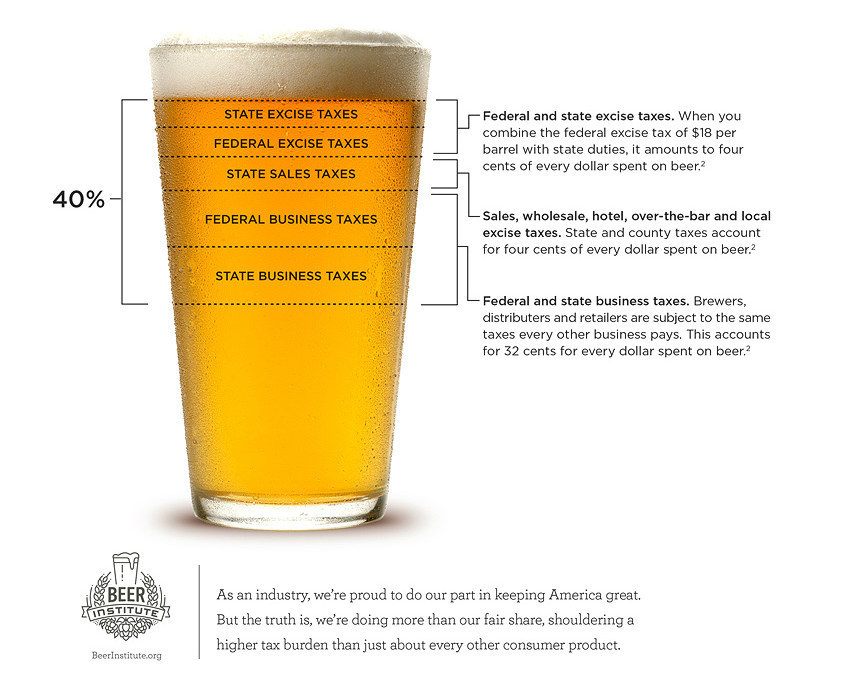
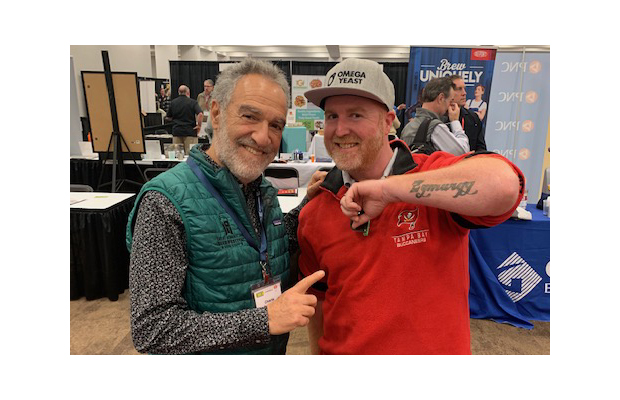
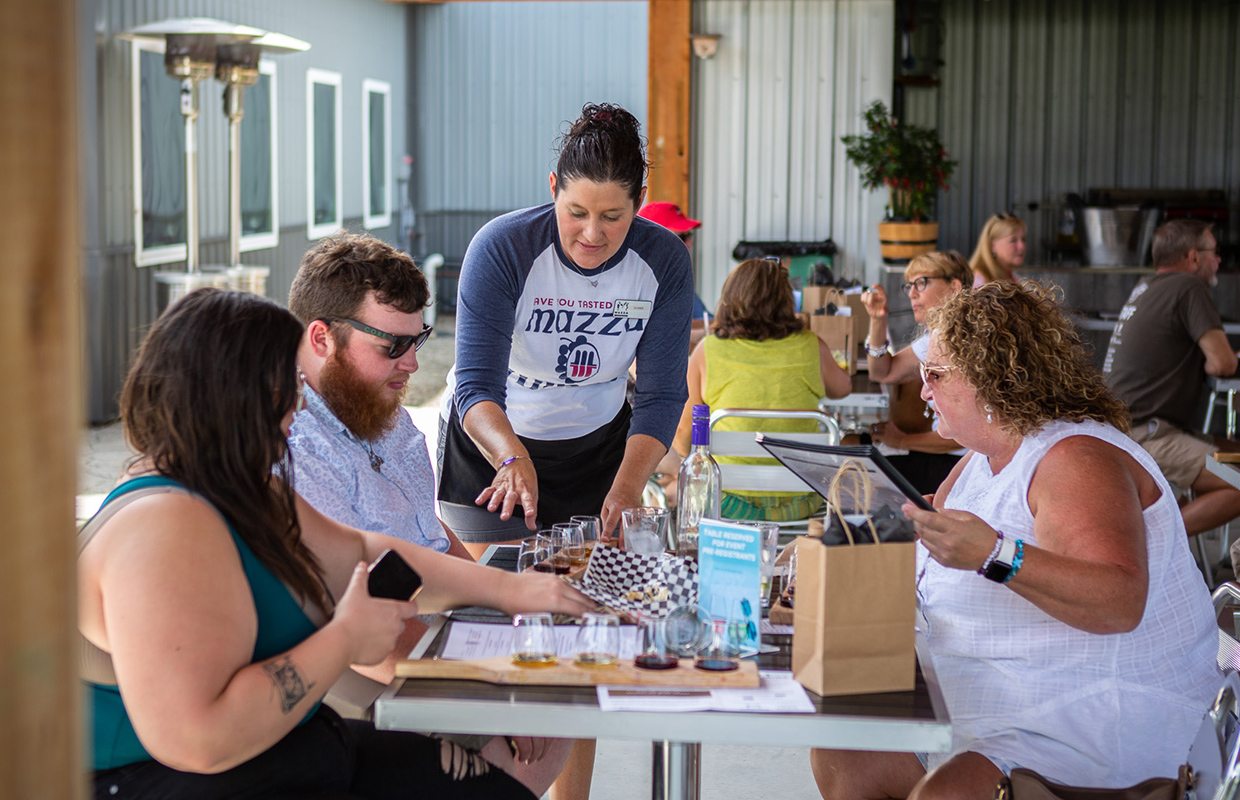
Be the first to comment